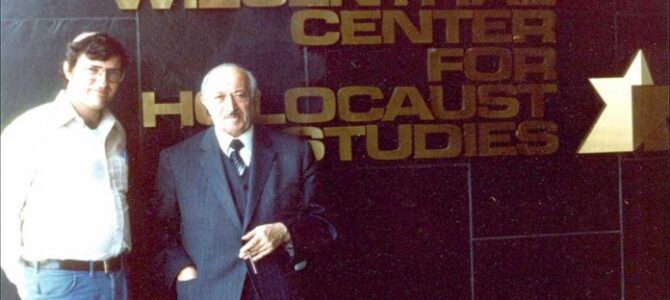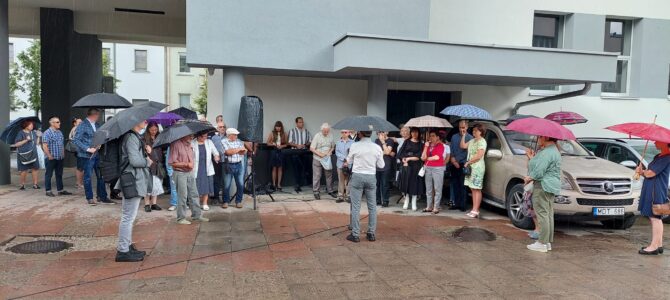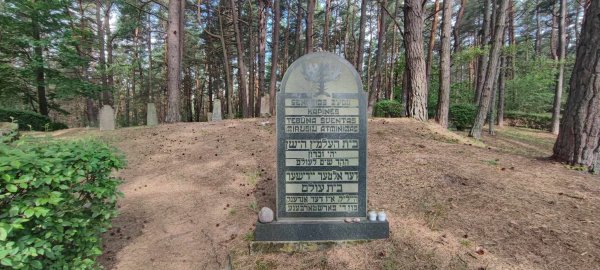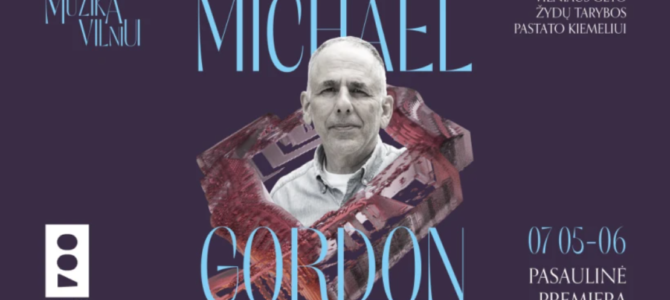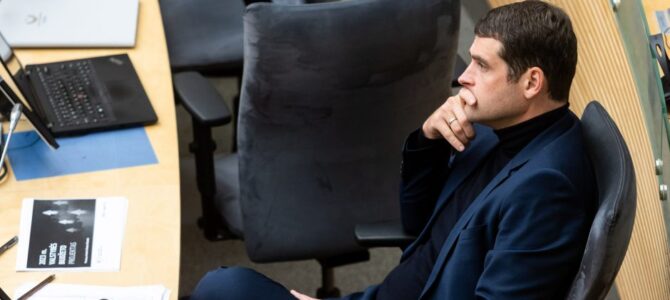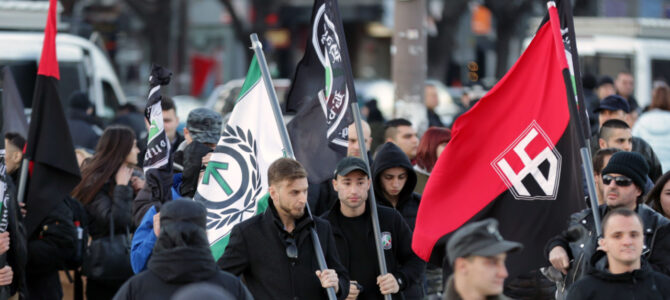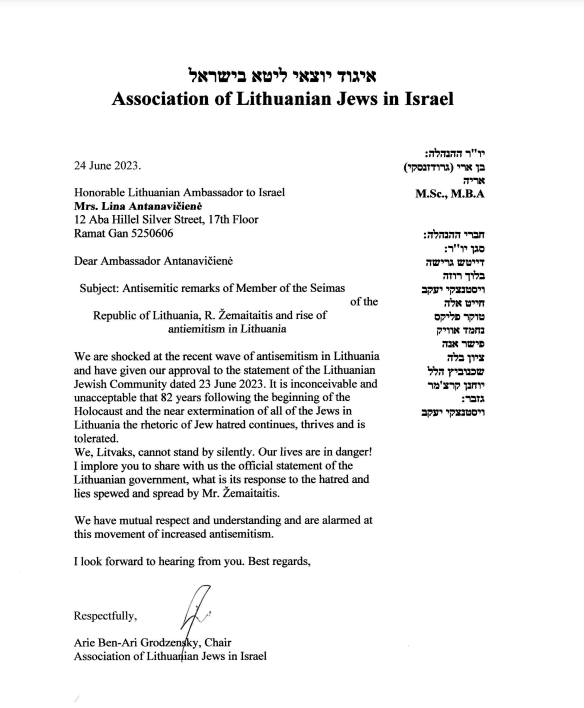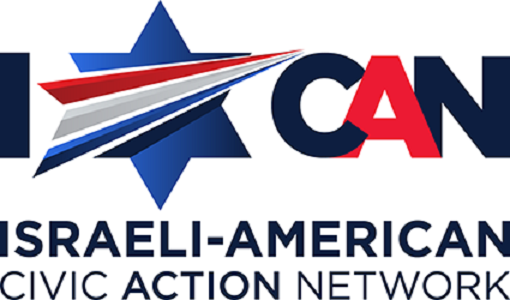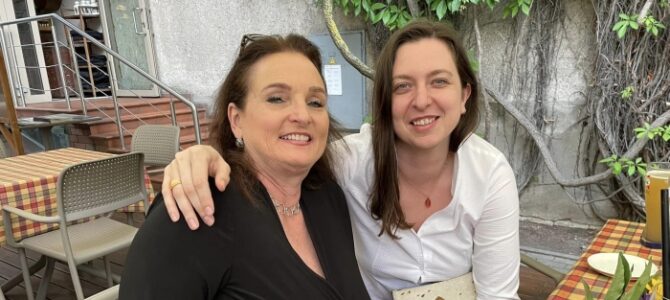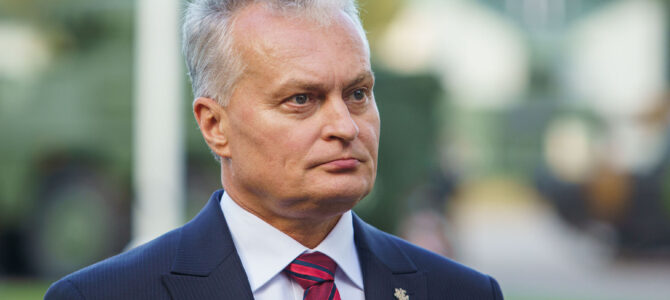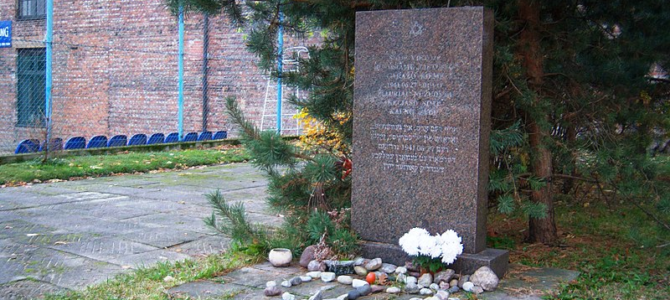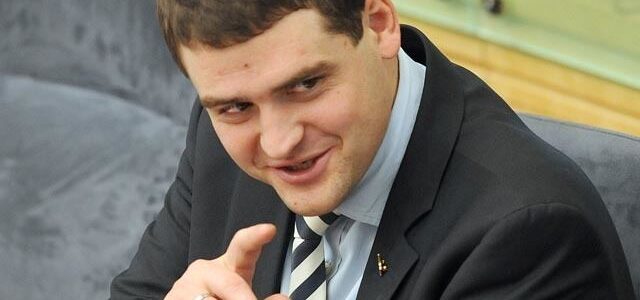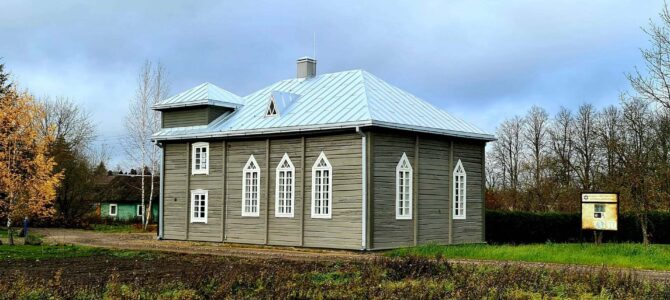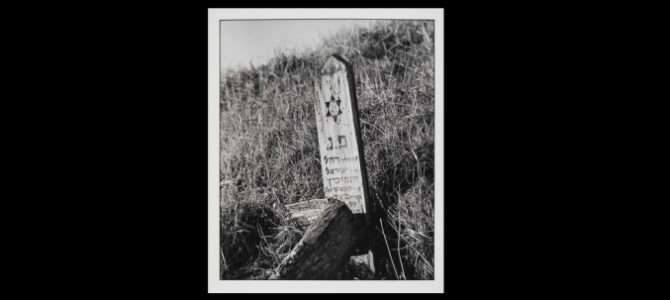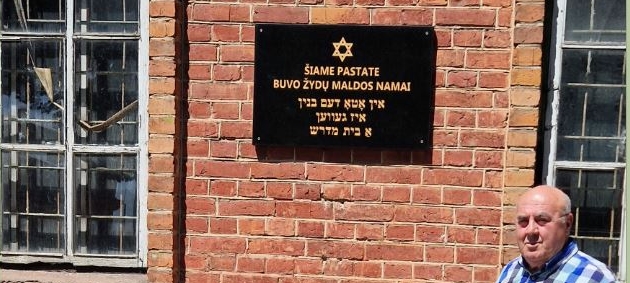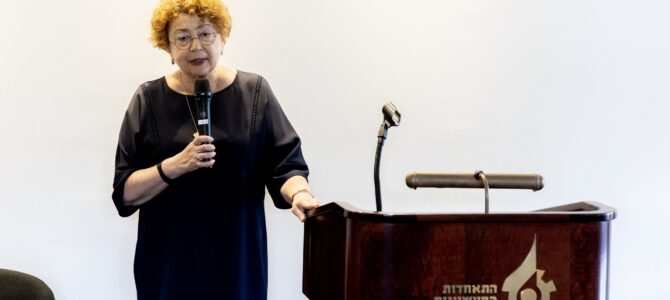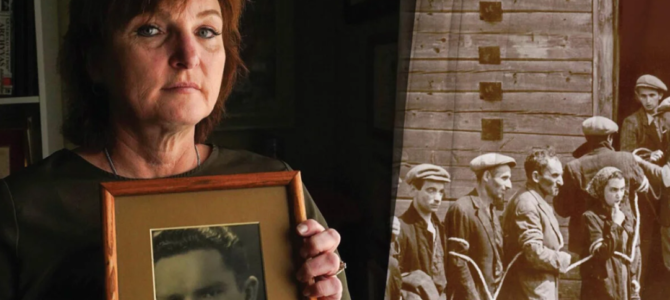Photo: Efraim Zuroff and Simon Wiesenthal at the Wiesenthal Center in Los Angeles. Photo courtesy the Simon Wiesenthal Center
Efraim Zuroff, an American Israeli historian and Nazi hunter at the Simon Wiesenthal Center (SWC), has been tracking down thousands of Nazi war criminals hiding out in all corners of the world since 1978. In a phone call from Jerusalem where he currently resides he told the Jewish Press: “I’m the only Jew in the world who prays for the good health of the Nazis. Of course, only the ones who can be brought to justice.”
Zuroff was instrumental in getting laws passed in Canada, Australia and Great Britain which enabled prosecution of Nazi war criminals who came to those countries under false pretenses. He’s been nominated for a Nobel Peace Prize in Serbia and granted honorary citizenship of the Serbian city of Novi Sad [bombed by NATO in 1999 in contradiction to the vote in the UN Security Council] for exposing a Hungarian police officer who rounded up thousands of Serbian civilians and was accused of taking part in executing them. He has also been honored with the Order of Duke Trpimir for his work combating Holocaust revisionism in Croatia, and received the Gold Medal for Merit in Serbia for exposing the truth about the suffering of World War II victims.
Born in 1948 in Brooklyn to an Orthodox family, Zuroff’s yeshiva upbringing was extremely important to him. He explained: “I’m from a family of people who devoted their lives to Yeshiva University.” Zuroff received his PhD in Holocaust history at the Hebrew University of Jerusalem after graduating from YU with honors in history. The focus of his dissertation was the Vaad Ha-Hatzalah committee who rescued Orthodox rabbis and yeshiva students from the Holocaust, about which he later wrote a book titled “Response of Orthodox Jewry in the United States: The Activities of the Vaad Ha-Hatzalah Rescue Committee, 1939-1945.”


